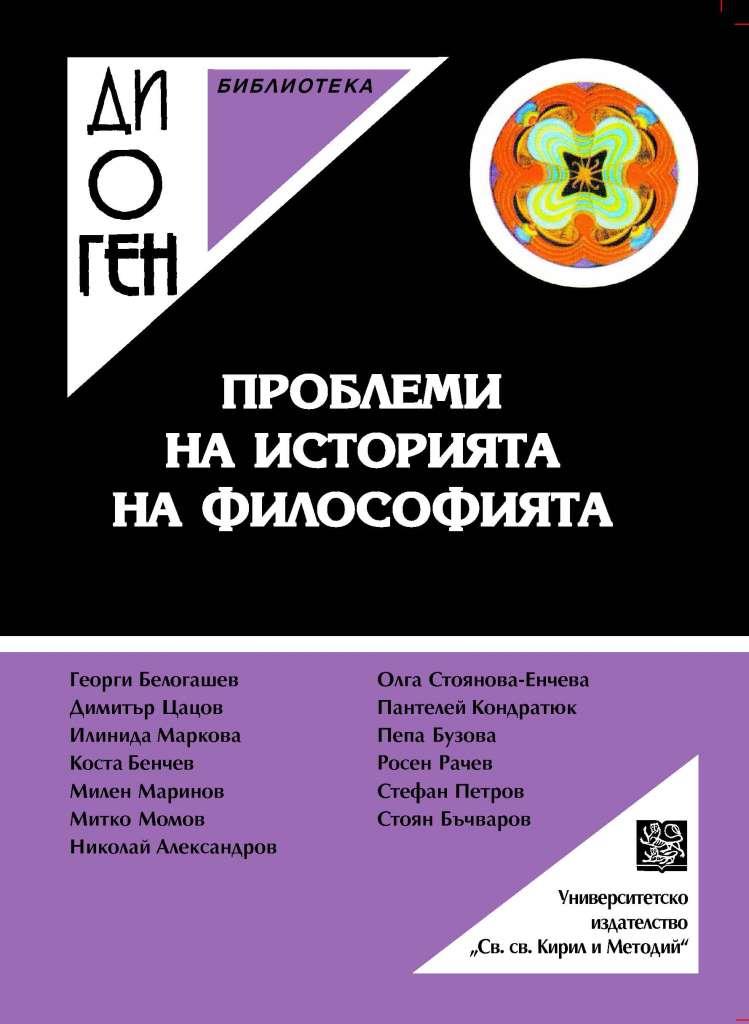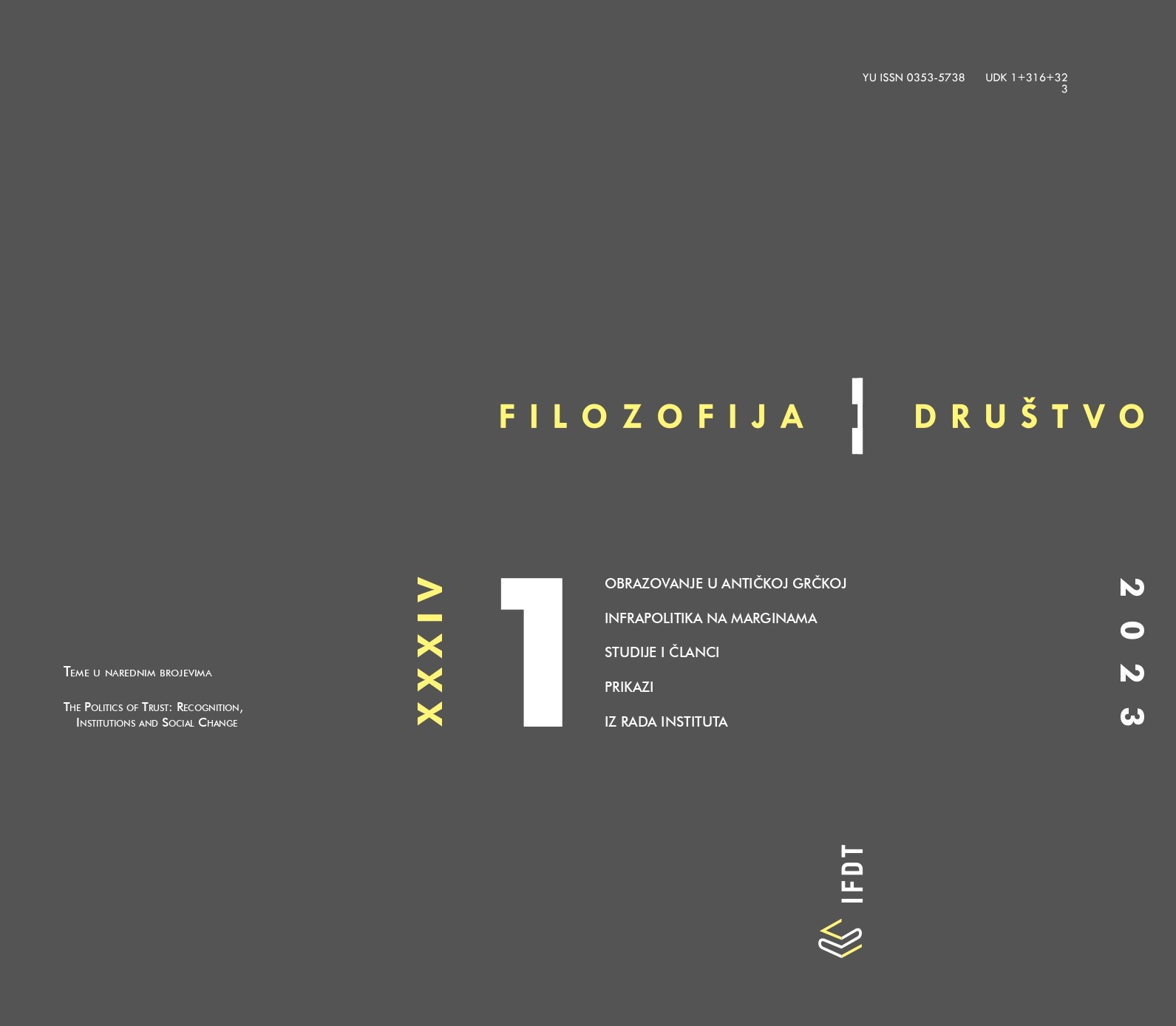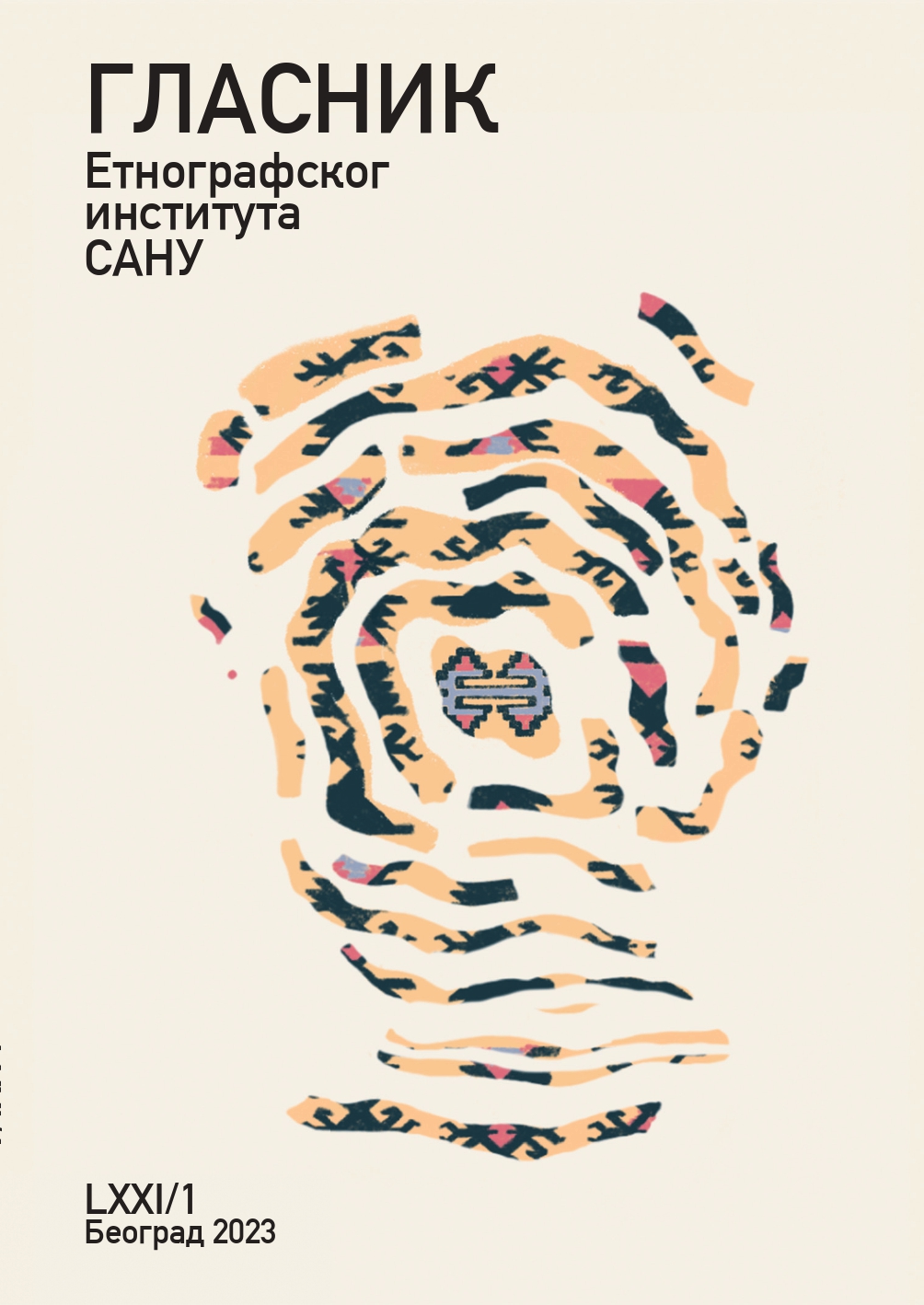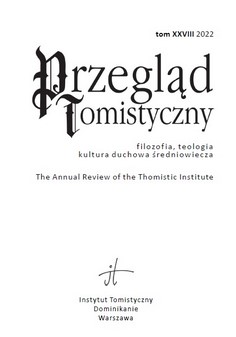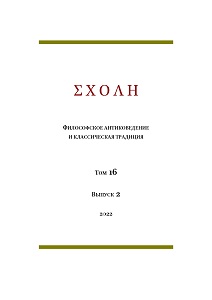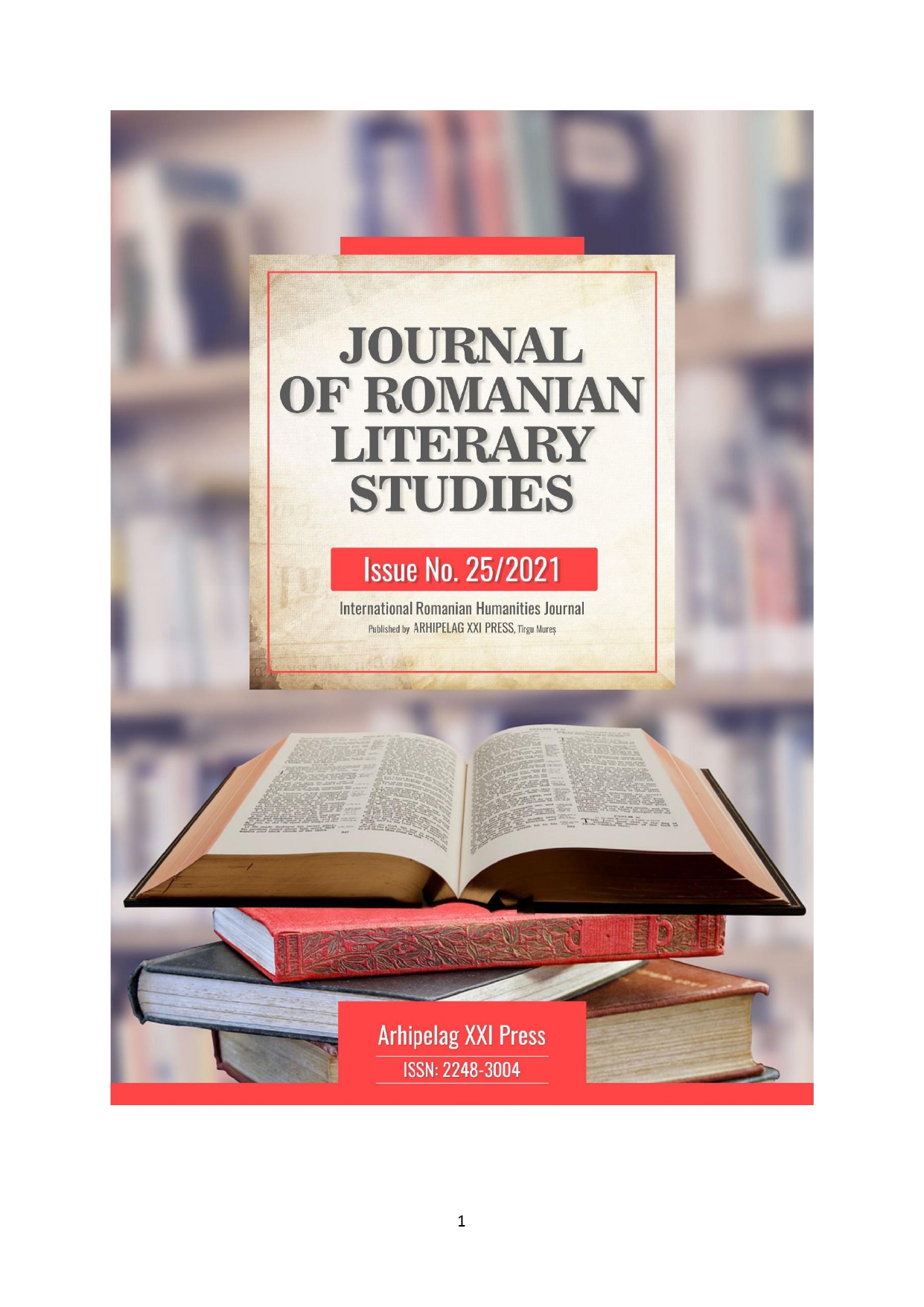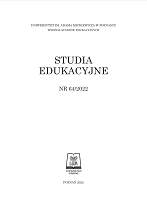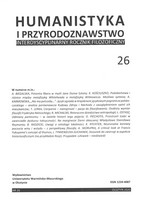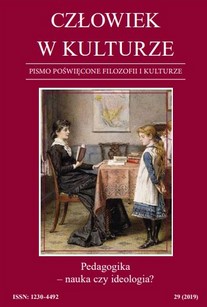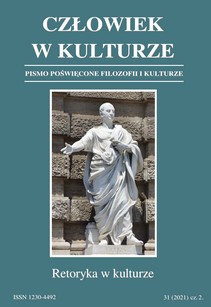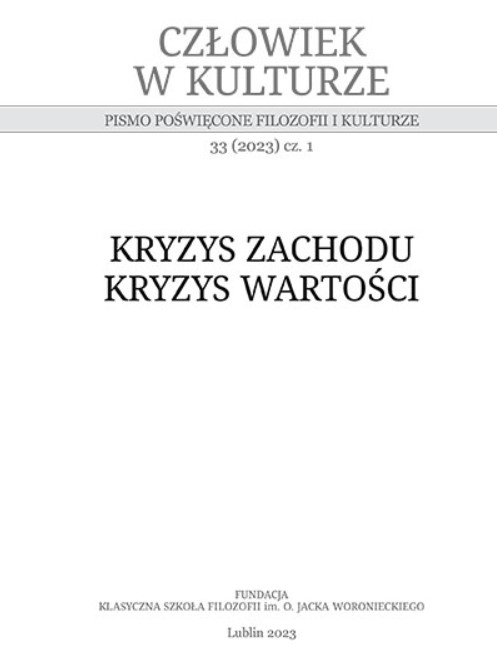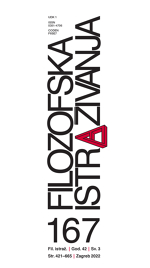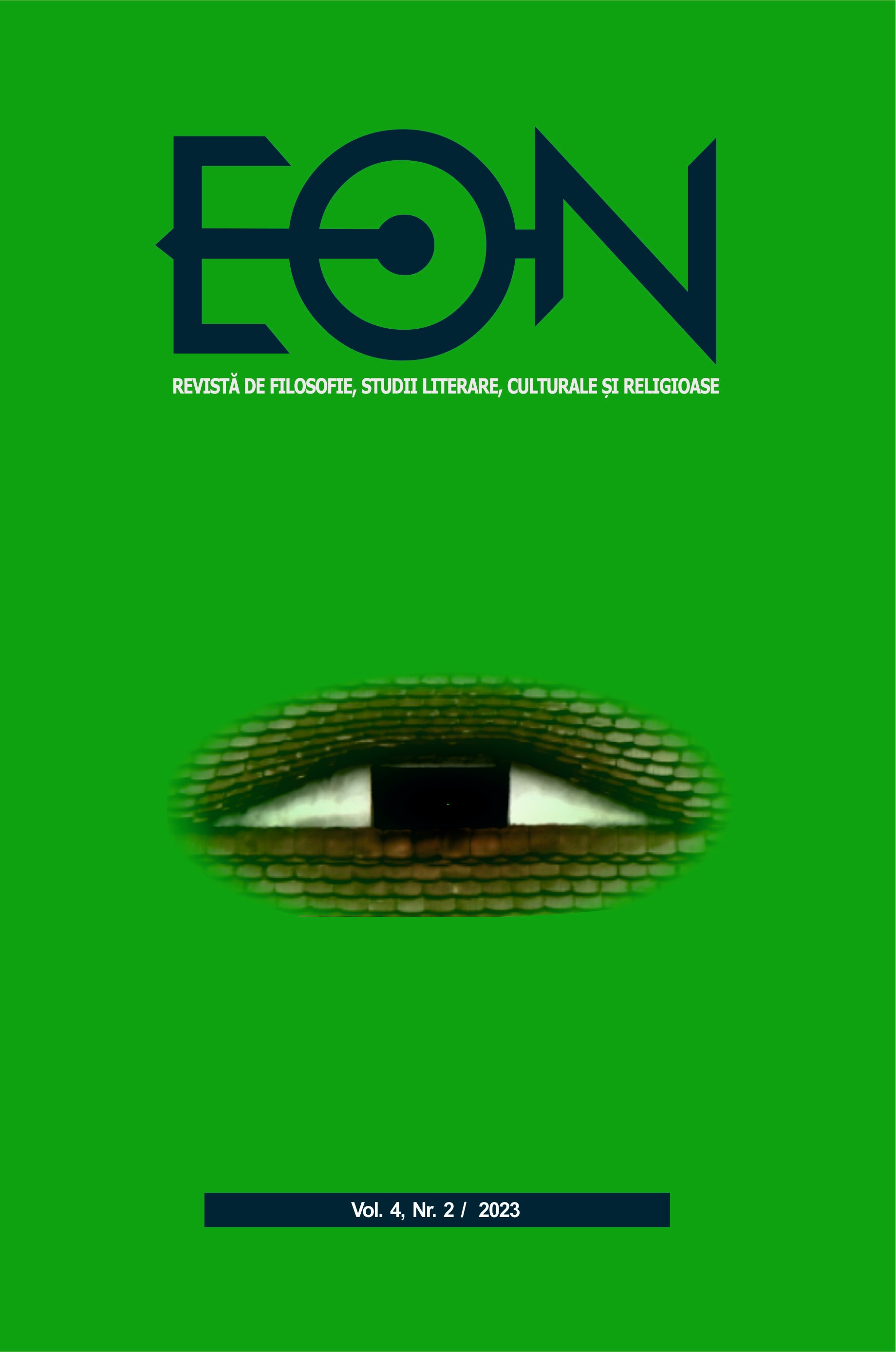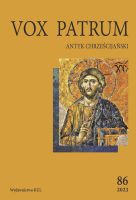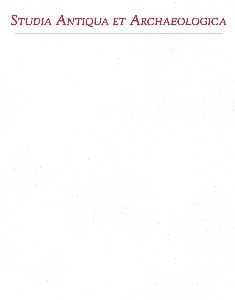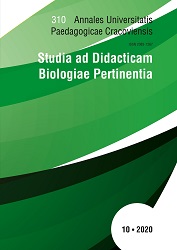
Teaching Modern Attitudes through Science of the Past: Hypatia of Alexandria
Hypatia lived in Alexandria in Egypt in the late 4th and early 5th century AD and was in her time the greatest mathematician and astronomer, also a philosopher and a charismatic teacher. She lived her life in a male-dominated world and outfaced the prevalent gender standards thanks to her personal characteristics including talents, strength, independence and courage. Apart from femininity, her attitudes included religious tolerance, high moral standards, ceaseless social and educational activity and political temperance. All of these attitudes apparently pertain to our modern life and are appropriate for teaching in today’s schools.
More...
